War and humanitarianism, medicine and public health, rights and justice... Discover CRASH publications sorted by themes.
The fact that CRASH publications are written from an aid practitioner's, rather than researcher's, perspective, does not exempt them from the demands of rigorous research methods. We try hard at this, with the help of (volunteer) research professionals. The publications are not the MSF party line, but rather tools for reflexion based on MSF's framework and experience. They have only one purpose: to help us better understand what we are doing. Criticisms, comments and suggestions are more than welcome - they are expected.
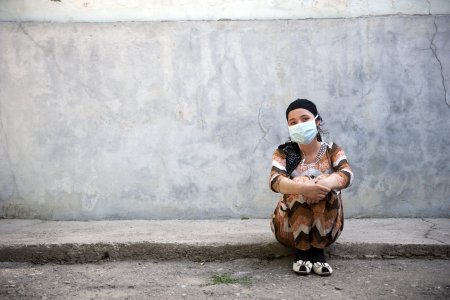 Wendy Marijnissen
Opinion
Wendy Marijnissen
Opinion
Health and Human rights
05/01/2003Rony Brauman questions the link between public health decisions and the right to health care.
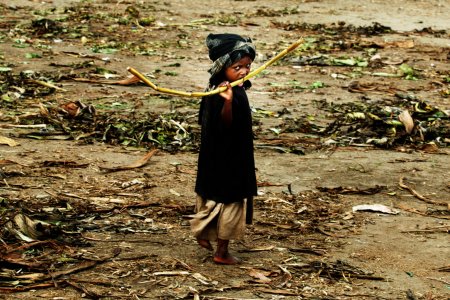 Juan Carlos Tomasi
Analysis
Juan Carlos Tomasi
Analysis
The Food Emergency in Ethiopia: What the Drought Conceals
03/01/2003Fabrice Weissman highlights the political factors at work behind the threat of famine - which, though very real, cannot be fully explained by natural causes - and casts a critical eye on the relief system, as well.
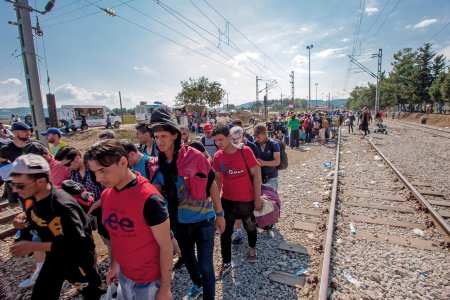 Borja Ruiz Rodriguez
Opinion
Borja Ruiz Rodriguez
Opinion
Codes of conduct: whose interests do they serve?
01/01/2003As the USA announces its decision to suspend food aid to North Korea - one of the largest beneficiaries of global food aid - Fiona Terry reveals the true political issues behind the decision, and reminds us of how "humanitarian" assistance is used to bolster one of the planet's most oppressive regimes.
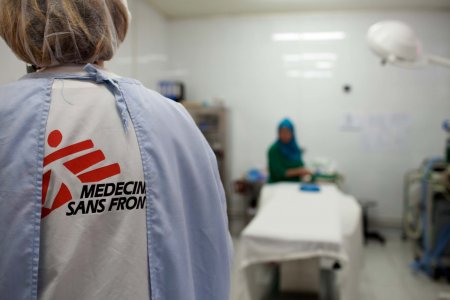 Amador Gullar
Opinion
Amador Gullar
Opinion
Humanitarian action victim of its own success
01/01/2003The international aid regime tends to exaggerate changes over the last decade in the nature of so-called humanitarian crises. Neither violence perpetrated against civilian populations nor the dilemmas posed to aid organisations attempting to assist them have worsened since the end of the Cold War.
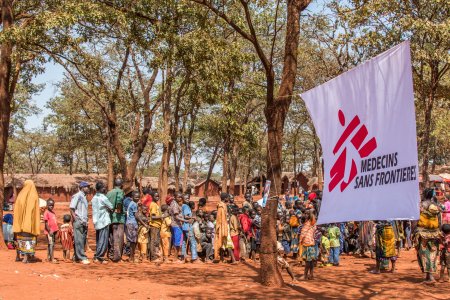 La responsabilité humanitaire
Analysis
La responsabilité humanitaire
Analysis
Humanitarian Responsability
11/01/2001Rony Brauman reminds us that humanitarian organisations cannot evaluate their actions solely by the yardstick of the means they implement, but that they have a responsibility to consider the real consequences of their actions.
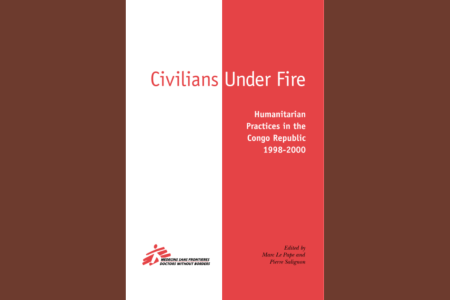 Book
Book
Civilians Under Fire
10/01/2001In the face of violence, how does a medical relief organization react and respond? This book is an account of one experience; it describes and analyzes the characteristics of one intervention: that of Médecins Sans Frontières in Congo Brazzaville in 1998-2000.
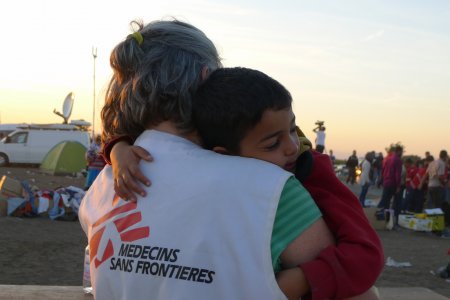 Ana Lemos
Opinion
Ana Lemos
Opinion
The Deadly Secrets of north korea
09/04/2001In this article, Fiona Terry discusses the tragic situation of the North Korean people, despite North Korea being one of the world's largest beneficiaries of food aid.
 Dominic Nahr
Opinion
Dominic Nahr
Opinion
Military involvement in Refugee crisis, a positive evolution?
05/01/2001Military involvement in refugee relief operations has undergone a remarkable evolution over the last decade, from providing logistical support to aid organisations in Kurdistan in 1991 to leading relief efforts for Kosovar refugees in 1999.
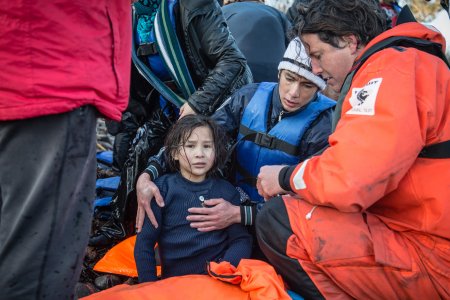 Will Rose
Articles and blog
Will Rose
Articles and blog
The Limits and Risks of Regulation Mechanisms for Humanitarian Action
10/01/2000This brief article aims to clarify some of the central concerns held by organisations like Médecins sans Frontières as regards the approach and the application of uniform set of standards to respond to the needs of people in distress.
